Are your Sales Coaching Efforts Delivering Breakthrough Results?
Have you ever tried filling a cracked pot with water? It’s impossible, frustrating, and exhausting. The water keeps running out through the cracks. If your Millennial salespeople lack accountability, this is exactly what you will see. How can you build a strong accountability culture in your business and boost your sales growth?
If you’re constantly dealing with unproductive sales behaviors your best training and coaching efforts will go to waste. Rather than finding solutions and landing new accounts, your salespeople will play blame-games, go into victim mode, and resort to making excuses when they don’t reach their sales goals.
In The Advantage, Patrick Lencioni shares this powerful truth about accountability. He says, “To hold someone accountable is to care about them enough to risk having them blame you for pointing out their deficiencies.”
For more on Accountability you can also read this article in Forbes: How to Help Your Millennial Salespeople Focus on Improved Accountability.
Create an Excuse-Free Culture to Boost Accountability
Our research shows that 59% of sales professionals have weak responsibility. They come up with a host of excuses for not making target. They blame the economy, the competition, the marketing team… the list is endless. The sad consequence is that this externalized perspective robs them of their growth potential. How can you develop strong accountability in your up-and-coming sales leaders and BDR’s?
Take action:
If accountability is not an existing core value of your organization, make it one. Here’s three strategies to bust your salespeople’s favorite excuses:
“The economy is weak.”
Salespeople who believe they don’t have control over an outcome will do nothing to improve their effectiveness. Do you fall into the trap of forgiving excuses during difficult economic times? Don’t. Top salespeople use their creativity to perform. They never blame the economy. Challenge your up-and-coming sales leader to find creative solutions for every “weak economy” excuse.
“Our competition has a better, cheaper product.”
Excuses that focus on the competition is an admission of being outsold. Coach your emerging salespeople to concentrate on what they can control. Being a value seller is still a key differentiator. Role-play client visits and observe whether they are selling price or value. Provide coaching to improve their performance and bolster their confidence so they aren’t stumped during the actual sales call.
“The marketing team messed up, that’s why I lost the sale.”
Accepting this excuse fuels your salesperson’s refusal to accept responsibility. Those who take responsibility will say, “What should I do differently to get a better result?” For example, suggest that they check up on the marketing team’s contribution long before they have to meet with their prospect.
If you don’t allow excuses they will start tapping into their talent reserves and find creative options to handle adversity and conquer obstacles.
“There’s no way a company, a team, or an individual can have full access to their innovation and productivity when they aren’t taking personal responsibility for their actions and behavior.”
~ Danita Bye, Millennials Matter
Show your millennial sales leader that you care about their career development. You care enough to coach and mentor them on being accountable. You care enough not to accept blame-games, victim-mode, and excuse-making. You’ll be delighted to see that your efforts are no longer slipping through the cracks.
Are you creating a win-win scenario where your emerging sales leaders are reaching their full potential and you are building a stronger business?
Leadership Lesson: Don’t allow excuses to infiltrate your accountability culture.
Leadership Question: What are you doing to make accountability a core value of your business?



No Comments